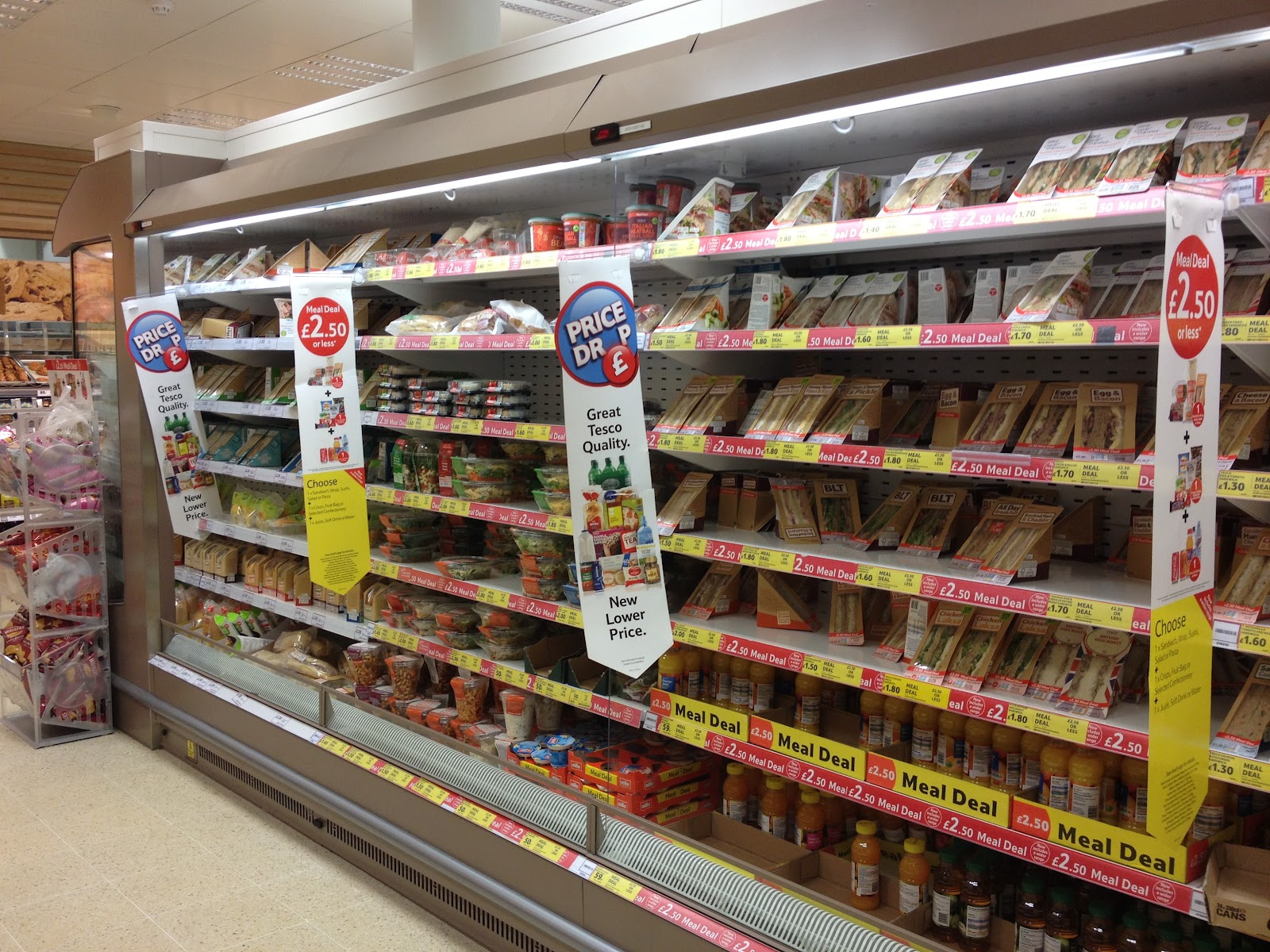Customers are facing serious health risks by consuming high sugar combination meal deals on a daily or regular basis, according to the charity Action on Sugar.
They say some high-street lunch meal deals, a firm favourite of students, can contain up to 30 teaspoons of sugar, according to their research. They have gone on to criticise retailers for including super-sized fizzy drinks and snacks such as chocolates and sweets in these deals.
Action on Sugar highlighted WHSmith and Tesco as the worst offenders, with Morrisons close behind. Their “mix and match” meal deals contains up to 30 teaspoons of sugar, four times the recommended daily adult intake.
Graham MacGregor, professor of cardiovascular medicine at Queen Mary University of London and chairman of Action on Sugar said, “Supermarkets pretend to be on the side of their customer’s health to encourage loyalty, but this survey clearly shows that they are not. Eating too much sugar is linked to obesity, type 2 diabetes and tooth decay.”
WHSmith responded by claiming the meal deal was “incredibly popular and contains a number of healthy eating options, including sandwiches and salads.” Morrisons also stated that they “offer thousands of meal deal combinations for just £3, many of which include low sugar and sugar-free drink options.”
Tesco have already taken steps to make their products healthier, a spokesman claimed. “We are continuously making our products healthier so it’s easier for our customers to make healthy choices. That’s why we have already removed 9.4 billion calories from the annual consumption of our own label drinks and they all now contain less than 5g of sugar per 100ml.”
Kawther Hashem, registered nutritionist and researcher at Action on Sugar, said “It is staggering that by just making simple swaps at lunchtime, you can reduce your sugar intake by a massive 29 teaspoons of sugar. Often it is the drinks included in the meal deals which are extremely high in sugar.”
Action on Sugar have called for a ban on all items that have been given a red traffic light label, meaning high in sugar, and to include a wider choice of healthier options. However, opponents to a ban cite that adults should be given the freedom to make their own decisions. They state that focusing more on healthier options and giving them prominence over others can help achieve a healthier society without having to ban any products.
Ian Bond
[Image: Grocery Insight]

